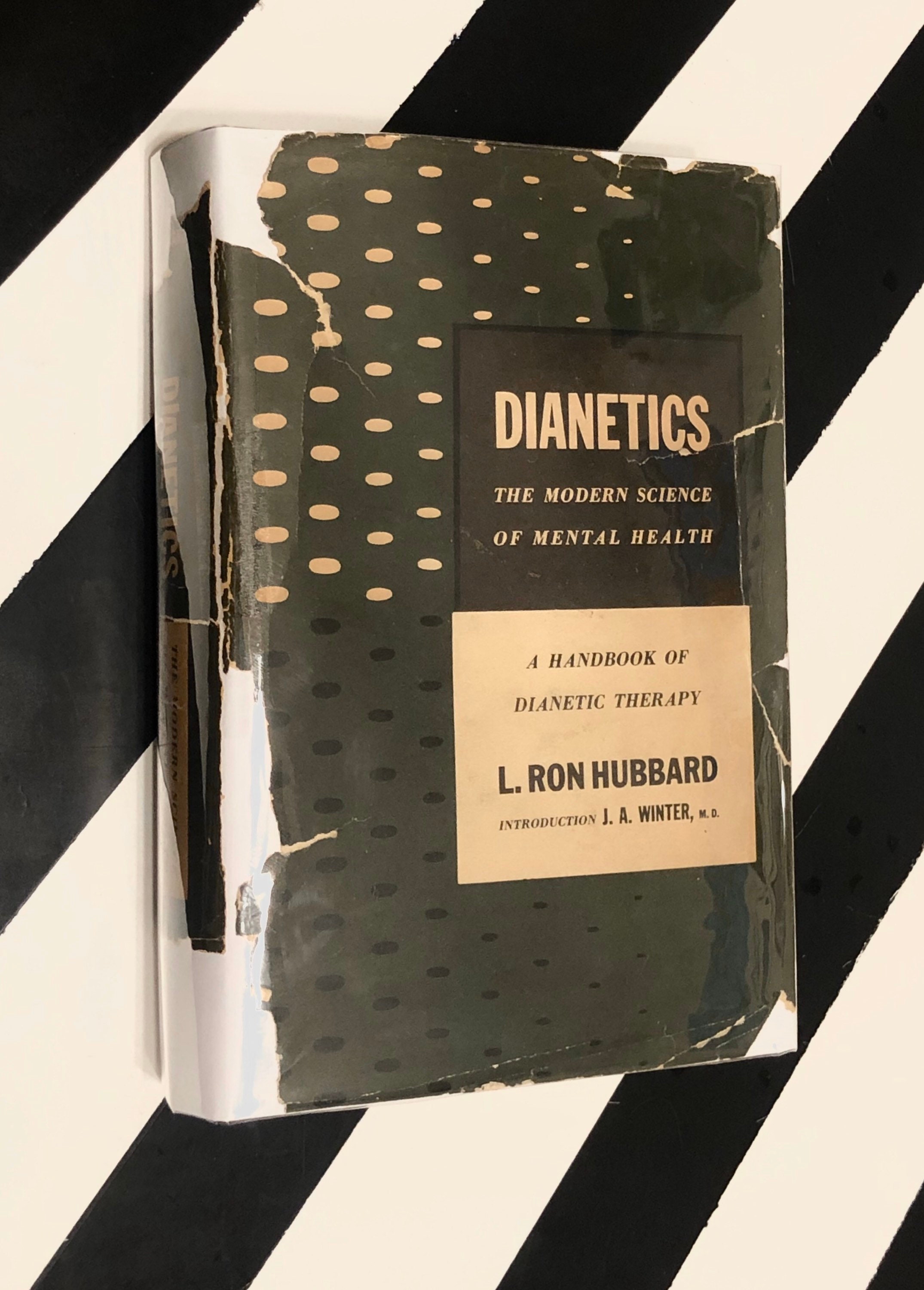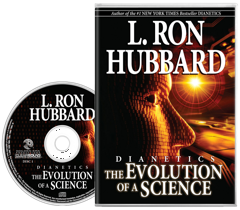7 Simple Techniques For Dianetics
7 Simple Techniques For Dianetics
Blog Article
A Biased View of Dianetics
Table of ContentsThe Ultimate Guide To DianeticsDianetics Fundamentals ExplainedDianetics Fundamentals ExplainedDianetics for Dummies
I couldn't ever not desire to get anything that enters your mind for you- if it was otherwise, I would not be sitting below with you, doing this. I not only might never have a trouble, or otherwise wish to listen to something that enters your mind for you, however I'm completely excited to know every idea, every thought, every image or feeling that arises or materializes for you- do not ever before think otherwise, and if for one reason or another you do, please just allow me recognize! In some cases, you might have a thought, and image, concept or case turn up that does not seem to answer the concern, or connect to it, however nonetheless, constantly do inform me about it, and as we proceed, the importance will certainly arise for you.This is integral in the basis of handling, and the subject of this conversation: the standard functions of the therapist and the client: The standard function of the therapist is, in contrast to "common training", not to regulate, which means to impose and/or inhibit, yet to rather work from the basis of EMPOWERING THE CUSTOMER.

A Biased View of Dianetics
John Mcmasters expressed this standard truth incredibly well in one of his lectures on Power handling, wherein he describes just how he was asked what this "special knack" was that he had for offering such excellent sessions; he had to consider that for a minute, and spotted that it was what he had not been doing, in addition to what he was doing: he wasn't examining, evaluating, computer, or actually, producing any thoughts, not to mention spoken expressions, after giving the command and while awaiting the computer to finish their response to their contentment; he was, just and just, existing with the computer, and entirely interested.
The role of the therapist, showed; that was his "special propensity". I have had my own experience which educated me this well, extremely beforehand in the video game. In 1982, having actually recently finished my training and internship on New Age Dianetics, I was running this on a COMPUTER, and there was a factor in the session where (being a little bit damp behind the ears not yet having lots of hours under my belt as a specialist auditor) the PC appeared to be "taking also lengthy" to express anything verbally after I gave him a command.
This key became the most useful contribution that John ever before made to the topic of treatment or auditing (Dianetics). In my humble opinion, it is the best contribution that any person has actually ever before made to these subjectsthe application is entirely non-judgemental, non-evaluative, and devoid of any recommendation, recommendations or opinion.no preconditioned agenda for people, or 'levels' that they have to do
In Idenics, the only source of information concerning a customer is the private client. In Scientology we prided ourselves on not assessing for individuals. All that truly indicated was that the auditor did not Vocally review for the Computer in session. The registrars and ethics police officers evaluated for the computer.
Some Known Incorrect Statements About Dianetics

Any individual who had actually ever seen John audit could not assist however observe a distinct high quality in his bookkeeping."The customer's standard that site function is to be there with the objective of moving in the instructions of their spiritual goals, and to openly and fully express and experience whatever manifests for them in responding to the concerns and executing the guidelines in the handling.
This is something to procedure as required. Additionally, individuals often have previous experience and/or indoctrination in auditing/processing which, in some methods, and to some degrees, in fact misdirects them into perspectives, ideas and behavior patterns that avoid the complete understanding of these roles, and so they will certainly tend to inhibit the expressing of what comes to mind, as in the instances given above - Dianetics. * The very first, and maybe leading instances of mis-indoctrination leading to much less than entirely smooth and reliable sessions, can be discovered in particular aspects of the training routines, or "TR's":"TR's" are often an individual's first, or at the very least early, experience in Scientology, and while I will take place to clarify what I see as the defects in principle and method, nevertheless, often tend to be significantly therapeutic, done as they are given (Hubbard insists that "TR's are not refining, they are training", yet factually, they are both processing AND training)
There is no "flunking", and no rejection of the reality of Homepage this being processing. The focus, as it must be, is on experiencing the other person's visibility.
The Of Dianetics

Report this page